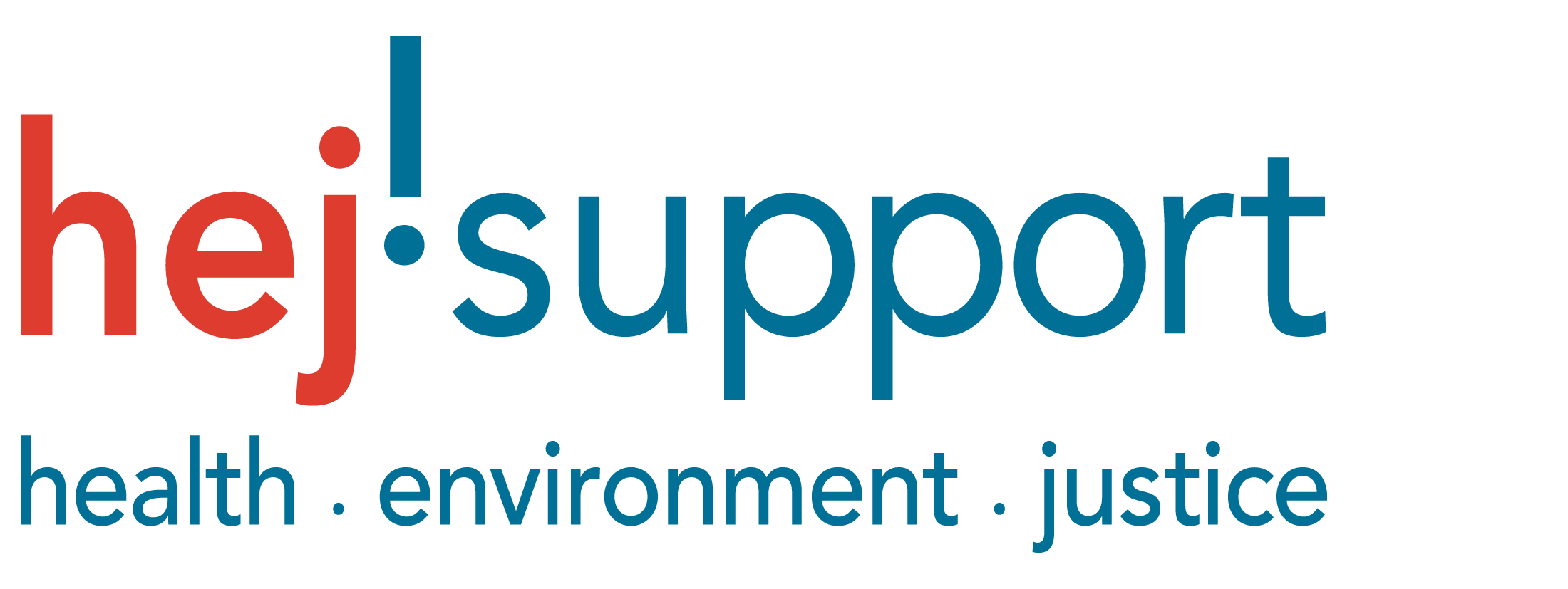The 5th International Conference on Chemicals Management (ICCM 5) and the resumed 4th meeting of the Intersessional Process to Consider the Sound Management of Chemicals and Wastes beyond 2020 concluded its work on 30 September 2023 in Bonn, Germany.
The EURENI team attended the meeting in Bonn and contributed to the negotiations.
Positive outcomes of the meeting included:
Adopting a resolution to adopt the Global Framework on Chemicals (GFC) – For a planet free of harm from chemicals and waste and the High-Level Declaration. The introductory section of the principles and approaches section of the Framework includes a direct reference to the Rio Declaration, which contains 27 fundamental principles, including the precautionary principle, polluter pays, common but differentiated responsibilities, and others.
Delegates agreed to establish a Global Framework on Chemicals Programme to support stakeholders in implementing the Framework.
Adoption of a funding resolution to establish a new voluntary trust fund with a limited duration to support activities to implement the new Global Framework on Chemicals in developing countries and countries with economies in transition. Germany pledges €20 million to fund work under the new Framework Programme. France plans to contribute €400,000. A further €2.5 million will be transferred to the new trust fund from the Quick Start Programme (QSP) of the Strategic Approach to International Chemicals Management, whose mandate ended in 2015. The new Fund would, therefore, have a budget of €22,900,000. Delegates agreed to review the Fund’s terms of reference at the first conference under the new Global Framework on Chemicals.
Adoption of the Resolution on Highly Hazardous Pesticides, which endorses the establishment of a Global Alliance on Highly Hazardous Pesticides (HHP) to take effective action to phase out highly hazardous pesticides in agriculture where risks have not been managed and promote safer multi-stakeholder alternatives under the auspices of the UN Food and Agriculture Organisation. The Resolution also calls for raising awareness of HHPs by:
- identifying and promoting safer and more sustainable agricultural practices, including agroecology, integrated pest management and the use of non-chemical alternatives;
- sharing examples of countries that have successfully abandoned HHPs;
- supporting low- and middle-income countries in their efforts to strengthen national regulatory frameworks, phase out HHPs and promote safer alternatives where they do not exist; and
- supporting farmers and agricultural workers transitioning from HHPs to less hazardous alternatives.
- Adoption of the Resolution entitled “Mainstreaming gender and promoting gender equality and the empowerment of all women and girls in chemicals and waste management.” This Resolution reflects one of the most significant Sustainable Development Goals (SDGs), SDG 5, to achieve gender equality and empower all women and girls.
The adoption of five strategic goals:
A. Legal frameworks, institutional mechanisms and capacities are in place to support and achieve the safe and sustainable management of chemicals throughout their life cycle.
B. Comprehensive and sufficient knowledge, data and information are generated, available and accessible to all to enable informed decisions and actions.
C. Issues of concern are identified, prioritized and addressed.
D.Safer alternatives and innovative and sustainable solutions in product value chains are in place so that benefits to human health and the environment are maximized and risks are prevented or, where prevention is not feasible, minimized.
E. Enhanced implementation occurs through increased and effective resource mobilization, partnerships, cooperation, capacity-building, and integration into all relevant decision-making processes.
In addition, various targets have been adopted, including the target on exports of domestically banned chemicals, which will reduce exports of toxic chemicals, including highly hazardous pesticides, from producing countries to developing countries and countries with economies in transition.
Important goals also included access to information on chemicals in products, both inside and outside the production chain, which would ensure that such information was available not only to suppliers and product manufacturers but also to retailers, consumers and waste handlers.
Regarding institutional arrangements, delegates agreed to convene future conferences every three years.
